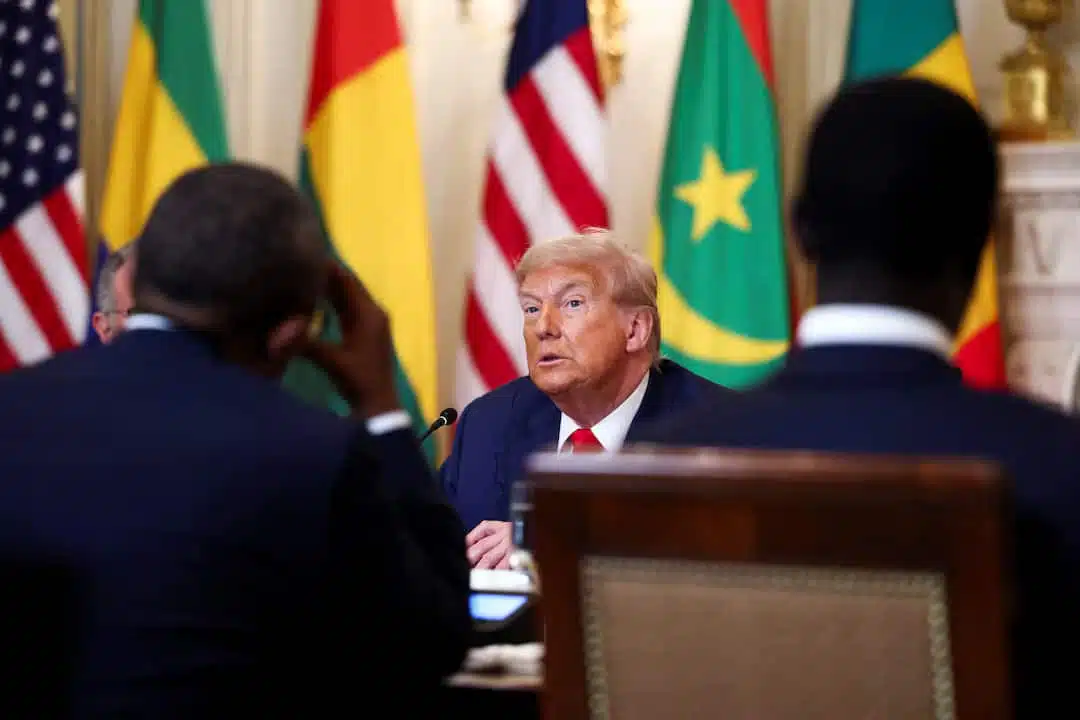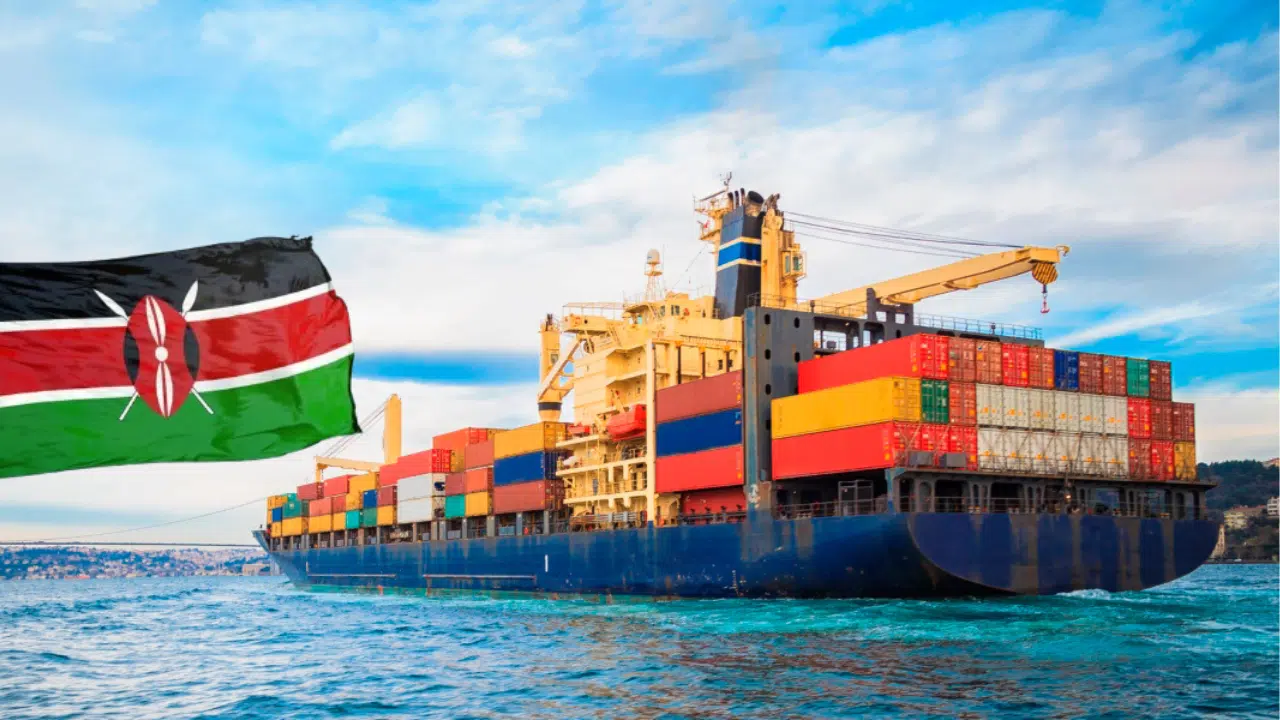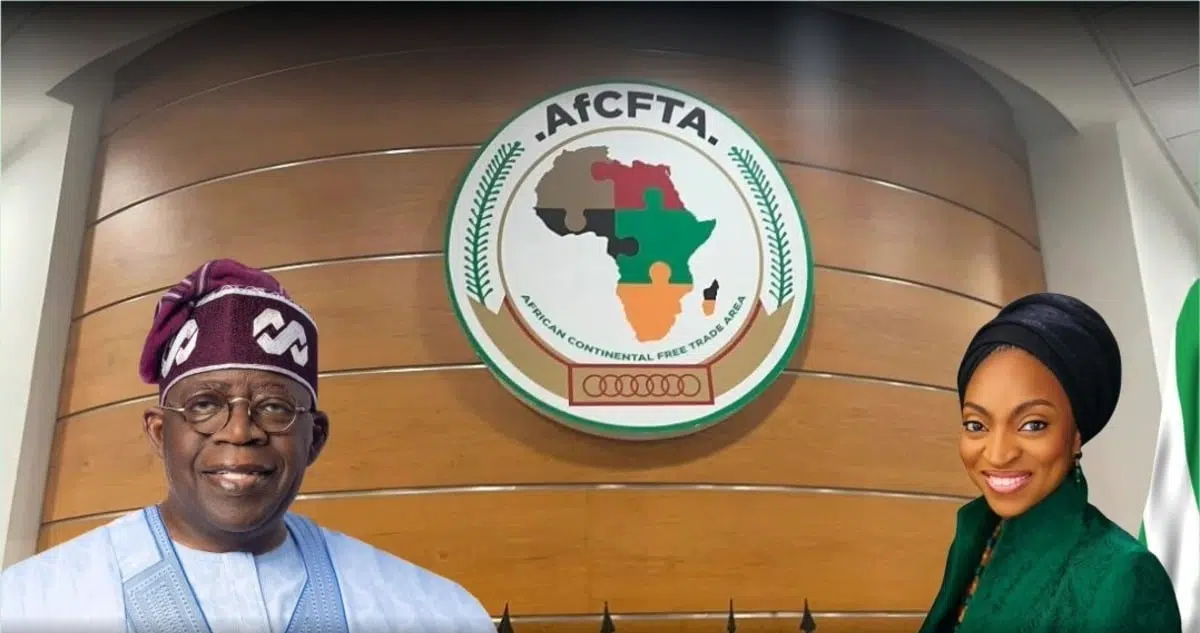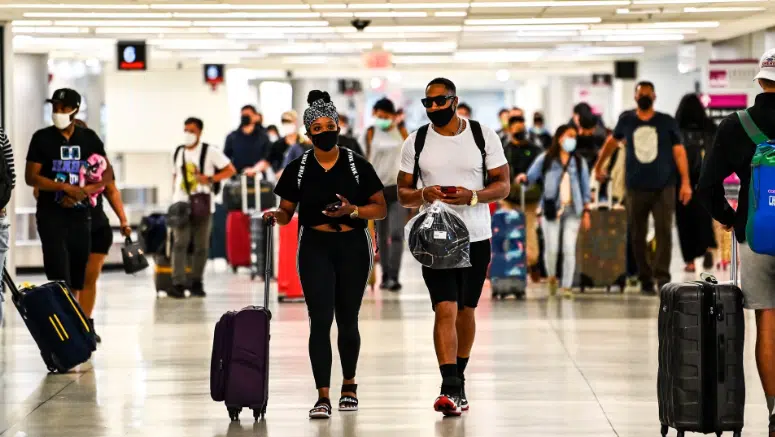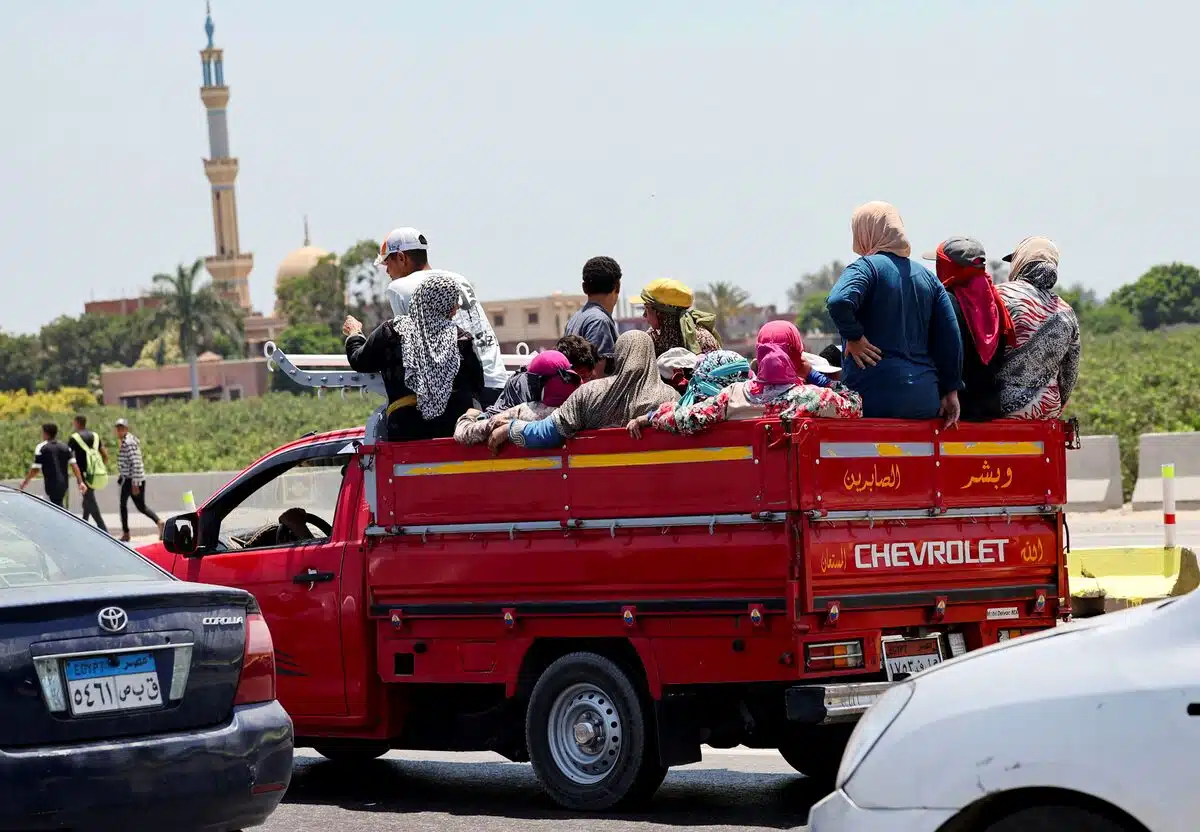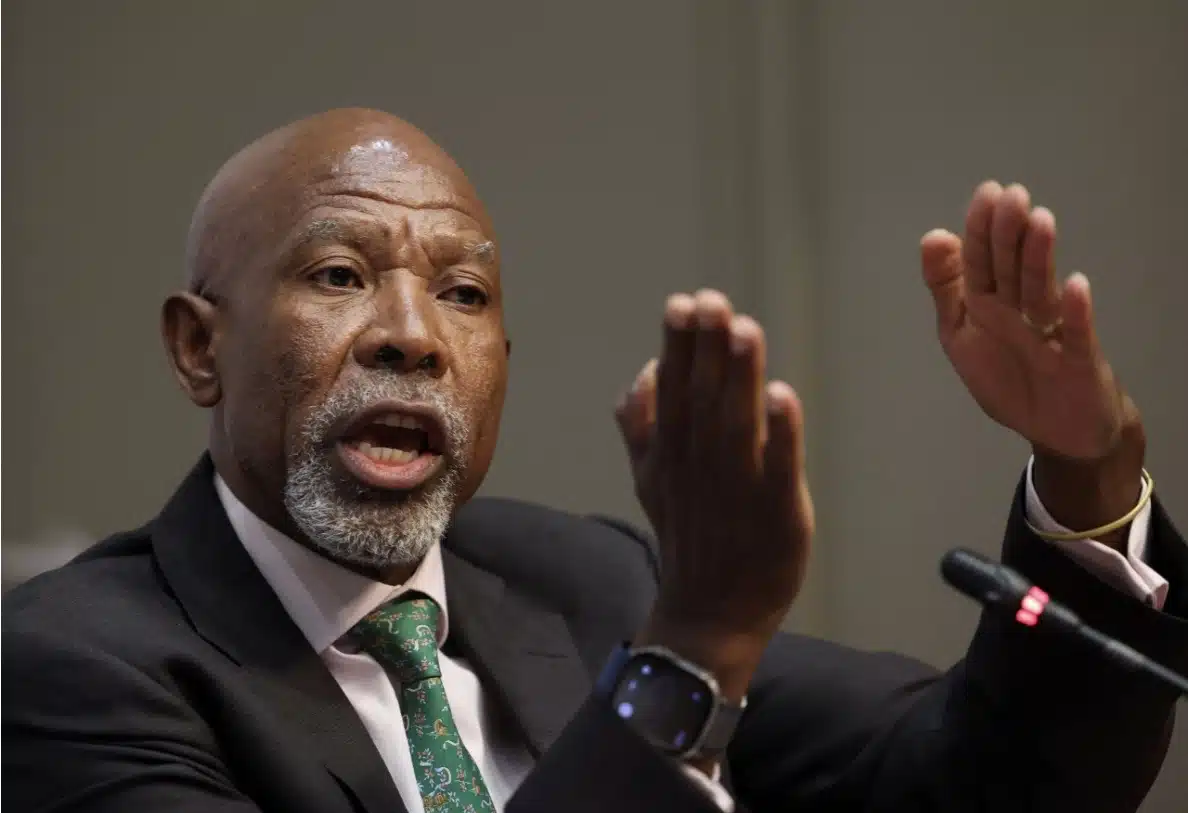On April 9, 2025, the US government delayed the implementation of its “reciprocal tariffs” by 90 days to allow negotiations with more than 60 trade partners. That grace period ended on July 9. Since then, the economic ripple effects have started to spread across Africa.
Lesotho, a small southern African kingdom heavily reliant on textile exports, has been among the hardest hit. The country was slapped with a 50% tariff—the highest imposed by the US under the new regime. The fallout has been swift: rising unemployment, reduced export earnings, and a government declaration of a two-year state of disaster.
According to the African Development Bank (AfDB), Lesotho’s GDP growth could fall below 1% in 2025—its worst economic performance in five years—if the tariff takes full effect. Textile exports to the US, which accounted for 47% of Lesotho’s total shipments last year and were valued at over $200 million, are projected to decline by up to 30%, potentially slashing $60 million in export revenues.
Nthomeng Majara, Lesotho’s deputy prime minister, said the state of disaster, declared in early July, was necessary to respond to an unemployment crisis that has pushed the national jobless rate to 30%, with youth unemployment nearing 50%.
South Africa faces major job losses as US auto tariffs bite
South Africa, the continent’s most industrialised economy, has also been severely impacted. The US reimposed a 30% tariff on all South African exports, and a separate 25% duty on automotive goods.
The consequences have been devastating. According to the National Association of Automobile Manufacturers of South Africa (NAAMSA), US-bound car exports fell by 85% in May alone. Auto exports to the country totalled over $2 billion in 2024, benefiting from duty-free access under the African Growth and Opportunity Act (AGOA), but that advantage has now evaporated.
“This is not just a trade issue, it’s a socio-economic crisis in the making,” Mikel Mabasa, NAAMSA CEO, said.
South Africa’s central bank has warned that over 100,000 jobs could be lost if the full tariff regime comes into force on August 1. The South African Reserve Bank (SARB) also highlighted the risks to agricultural exports, with farmer groups warning that 35,000 jobs in the citrus sector alone could vanish.
The national unemployment rate already stands at 32.9%, with an expanded jobless rate of 43.1% when discouraged workers are included.
Lesotho’s fate tied to South Africa’s economic outlook
While Lesotho’s direct exposure to US tariffs is concerning, the AfDB warns that the greater risk lies in its dependence on South Africa, its largest trading partner and a major source of remittances and customs revenues via the Southern African Customs Union (SACU).
A slowdown in South Africa could reduce employment opportunities for Basotho migrant workers and slash SACU revenue transfers, which are critical to Lesotho’s public finances.
However, the AfDB believes that with targeted investment and diversification, Lesotho can begin to shift its production toward regional markets and reduce its vulnerability to US trade shocks.
Ethiopia seeks deal as AGOA future remains uncertain
In East Africa, Ethiopia has opened diplomatic negotiations with President Donald Trump in hopes of reversing a 10% tariff on its exports. The talks will also explore the possibility of the country’s re-entry into AGOA, from which it was removed in 2022 amid civil conflict and human rights concerns.
The Ethiopian Ministry of Trade and Regional Integration said the country has developed proposals aimed at securing a mutually beneficial agreement, though the timeline for the talks remains uncertain.
AGOA, which offers eligible African countries duty-free access to the US market, is set to expire in September. Its potential renewal remains a key point of concern for many African governments.
Following Ethiopia’s forced exit from AGOA, US-bound exports declined sharply, underscoring the programme’s significance to the country’s trade.
Official figures show that the nation’s exports to America tumbled by nearly half in 2023 to $441.4 million, after surging to $717.7 million in 2022. The decline continued in 2024, with earnings falling 5% year-on-year to $465.6 million.
Tariff pressure spreads: A mixed bag of responses across Africa
The US tariff regime has prompted a wide range of reactions from affected countries. According to the White House, more than 75 countries expressed interest in negotiating after the policy was announced on April 2.
Some, like the United Kingdom, have already secured more favourable trade terms. Others are still waiting. Trump said on July 3 that tariff notifications would be sent to individual countries, with rates ranging from 20% to 30%. However, the list of recipients has not yet been disclosed.
Among African nations:
- Madagascar, hit with a 47% tariff, sent a delegation to Washington in May to avoid losing up to 60,000 textile jobs.
- Botswana, facing a 38% tariff, is turning to the European Union to offset the impact.
- Zimbabwe offered to remove all tariffs on U.S. goods unilaterally.
- Uganda is focusing on strengthening domestic industries.
- Libya, slapped with a 31% levy, insists the tariffs will have minimal impact.
No more delays: US confirms August 1 implementation
On July 28, Howard Lutnick, the US’s commerce secretary confirmed the end of all grace periods. “No extensions. No more grace periods. August 1, the tariffs are set. They’ll go into place,” he told reporters.
Trump also reiterated that any retaliatory measures from affected countries will be met with additional duties.
South Africa, for its part, has proposed purchasing US liquefied natural gas as a bargaining chip, but negotiations have stalled. President Cyril Ramaphosa insists talks are ongoing, but with US tariffs set to take effect in a matter of days, time is running out.
Conclusion: Africa braces for economic aftershocks
With the August 1 deadline looming, African economies are entering a period of deep uncertainty. While some nations scramble to negotiate exemptions, others are pivoting toward new trade partners or domestic resilience strategies.
One thing is clear: the Trump administration’s tariff offensive is triggering a realignment of Africa’s global trade relationships—and the economic consequences could be felt for years to come.
This is a developing story.

